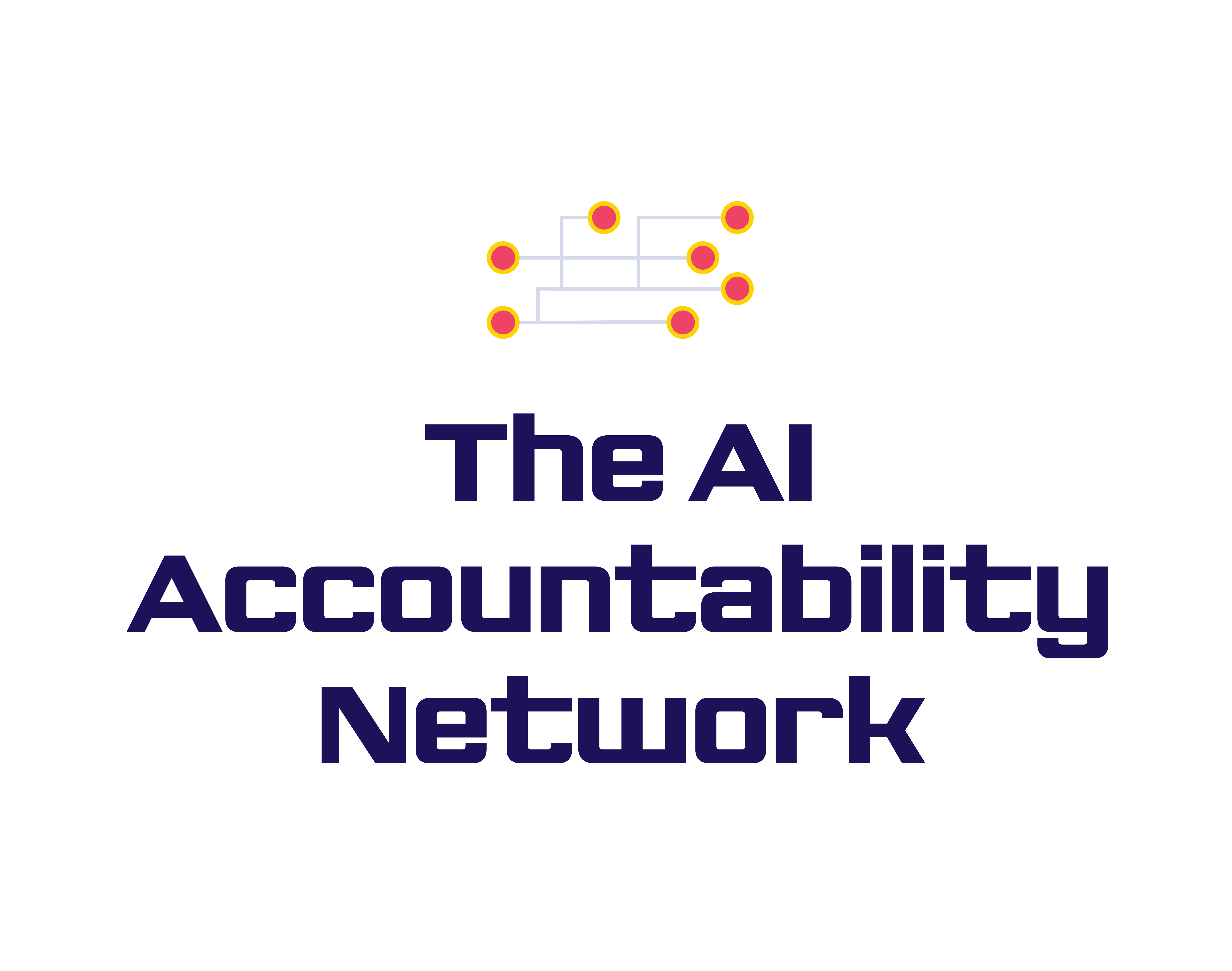
Tired of the obscurity around black box algorithms that dictate their lives, India’s gig workers are coming up with cheap hacks to game the system.
On October 17, Santosh Kumar, an Uber driver in the south Indian city of Hyderabad was wrapping up an almost 12-hour shift and struggling to find a last ride in the direction of his home. The app showed him a message that destinations in that area weren’t available.
Frustrated, he turned to a Telegram group called CCDA, or Commercial Cab Driver’s Awareness, where he shared his woes with over 5,000 fellow drivers. Within minutes, his peers offered a jugaad — a cheap hack — to game the system: Keep trying to book a ride in the direction of your home, and the algorithm will eventually oblige.
Two days later, in the same group, another distressed Uber driver posted screenshots of a “miscellaneous” fee of over 5,000 rupees ($61) that Uber had levied on him. The screenshot indicated that if he didn’t make the payment, he would lose access to his Uber account. He didn’t really understand how Uber calculated this amount and wondered how he would be able to afford the hefty payment.

As a nonprofit journalism organization, we depend on your support to fund more than 170 reporting projects every year on critical global and local issues. Donate any amount today to become a Pulitzer Center Champion and receive exclusive benefits!
CCDA members explained that this was a mandatory tax payment and offered a jugaad to offset the hefty one-time charge: keep accepting rides, and Uber will auto-deduct the amount from the daily earnings rather than paying the big amount upfront. “They explained to me that until this amount is cleared, I would only get rides with online payments and not cash rides,” the driver told Rest of World, requesting anonymity fearing retribution from Uber. He managed to clear more than 2,000 rupees of the tax liability in under a month.
Those are just two examples of how India’s gig workers — tired of the obscurity around black box algorithms and technologies that dictate their lives and work — are finding ways to game the platforms to their advantage. Drivers and delivery persons, who work for apps like Uber, Ola, Zomato and Swiggy, are trying to reverse engineer these apps, frequently sharing this information through groups like CCDA and in-person workshops.
“Telegram groups are like our walkie-talkies,” Shaik Salauddin, an Uber driver and the founder of Telangana Gig and Platform Workers’ Union (TGPWU), told Rest of World. Salauddin is part of 64 such Telegram groups where Indian gig workers help each other navigate their lives working for tech platforms.
“Information exchange is crucial because drivers have so little information about their job: why they’re getting paid; what they’re being paid; why they’re being matched to certain orders; why sometimes they get a lot of orders, sometimes they get none,” Rida Qadri, who studies algorithmic failures and frictions in the Global South, with a special focus on Indonesia, told Rest of World. “The more they know, the more drivers feel they can have mastery over their job, generally earn more, stay safe, etc. — information exchange is an important part of driver’s work then.”
The activity in these groups is reminiscent of similar efforts around the world. Last year, the district court in Amsterdam made a historic ruling in a case, filed by drivers from the U.K. and Portugal, asking Uber and Ola to provide more algorithmic transparency on the data they use. In Indonesia, Gojek workers have come up with a series of gray market apps to fight back against black box algorithms. One such app helps drivers spoof their GPS location to avoid waiting at a specific place to receive orders.
“Telegram groups are like our walkie-talkies.”
While Indian gig workers haven’t gone as far as to build apps, they have developed their own mini-tech support system to help each other understand the algorithm dictating their employment, developing tricks to work the system.
“The workers are knowledgeable in a lot of different ways — not about the algorithm or the variables that go into the algorithm — but they can tell you and speak fluently about surge pricing; they can tell you what is going to happen at nighttime or during rains or all of these different rhythms of the way that the algorithm works,” said Srujana Katta, a Ph.D. candidate at Oxford Internet Institute, who is currently researching the ride-hailing work and labor organizing in Hyderabad. “They are able to see the patterns even without knowing specifically the logic behind the algorithm.”
For instance, Uber nudges drivers to go to locations where there’s higher demand and a lower supply of cabs. The app does so by showing “surge pricing” on a heat map. But multiple drivers told Rest of World that over the years, they have realized it’s just a ruse by the app to bring them to a location with a low supply without actually giving them the benefits of a higher fare. “The maps glow up, turn red in color, and show the multiplied fare we can get if we go to that specific area,” said Kumar, who has been with Uber for at least five years. “But as soon as we go, the surge pricing is gone.” He said he has stopped falling for this trap by the algorithm. Uber did not respond to an email from Rest of World.
In the early 2010s, when Uber forayed into the Indian market, Salauddin remembers, the company lured drivers by offering incentives and hosting lavish biryani meals at upscale hotels. “They put up big hoardings, invited drivers to big hotels, showed drivers a big dream that they can earn 80,000 [rupees] per month, 100,000 [rupees] per month,” recalls Salauddin, who is also the national general secretary of Indian Federation of App-based Transport Workers, or IFAT. But that dream was short-lived. “Just a few months later, we could already see things going south. As more people were getting attached to these platforms, earnings had started to drop,” he said.

To ease this burgeoning pressure, IFAT and TGPWU constantly keep in touch with gig workers across India and organize different kinds of workshops, including ones to educate them about algorithms and data protection, among other things.
“Many [drivers] are not educated enough,” Salauddin told Rest of World during a June visit to his office in Hyderabad. “So we are telling them how these apps and algorithms work, how to protect their data, how to change their phone settings and not give full access, and some other little tricks that can help them.”
These workshops can be about something as basic as an introduction to Telegram, so gig workers can stay connected with each other and keep abreast with the latest tech hacks. Salauddin said TGPWU conducted more than 40 such workshops over three months in early 2021.
Last year, TGPWU also organized workshops for cab drivers and delivery workers to help them understand how the algorithms calculate their earnings. “Until a year ago, they couldn’t understand how and why the platform was deducting the money,” Salauddin said. “Now, they understand and put up these calculations on Telegram groups.”
In April, Bengaluru-based IT for Change, an NGO, organized a workshop to spread awareness about data protection. “They conduct workshops and train us, which we then disseminate to others,” Salauddin, who was invited to attend the workshop, said. “We explain to our members about the value of our data; we show them how to have their settings to protect their data because, when we install these apps, we give access to everything, right? So we teach them how to go to settings and check where to give access or not.”
While gig workers haven’t found workarounds to all their troubles with these apps, the first step toward it is awareness. Salauddin said the unions are also trying to understand the ways in which the algorithms of ultra-quick grocery delivery platforms work. “How the algorithm decides who is getting what order, how many orders, what’s the target — we will need to understand because some get 10 [orders], some get 15; for some, it’s 20,” said Salauddin. “Delivery boys are also confused.”
In the near future, IFAT has big plans to fight against algorithms that “manipulate” gig work, Prashant Sawardekar, the president of IFAT, told Rest of World. His biggest gripe with ride-hailing platforms is that their algorithms favor cabs running through their vendor network, even as the vehicles that run independently scramble to get rides. “These cabs [through vendor networks] are dirty; the drivers don’t even have high ratings, but they are the ones who keep getting rides,” Sawardekar, who is based out of Mumbai, told Rest of World. “The independent ones don’t get enough rides, despite having high ratings. They [cab-hailing platforms] say that the bookings are given by their system, then how is it possible?”
Sawardekar said the union plans to take this issue to court.
Meanwhile, Salauddin — along with the assistance of IT for Change and the International Transport Workers’ Federation — is soon planning to publish an extensive report on how algorithms manipulate workers and their earnings in India.
“This report is about how the platforms steal worker earnings, how they steal our data; we want to create awareness and have this in the public domain — it’s heavily focused on earnings calculation,” Salauddin said. “I want to distribute this report everywhere and start a campaign. We also plan to ask drivers to have this report in their cab, to let customers know the discrepancy between what they pay and what we actually get.”










